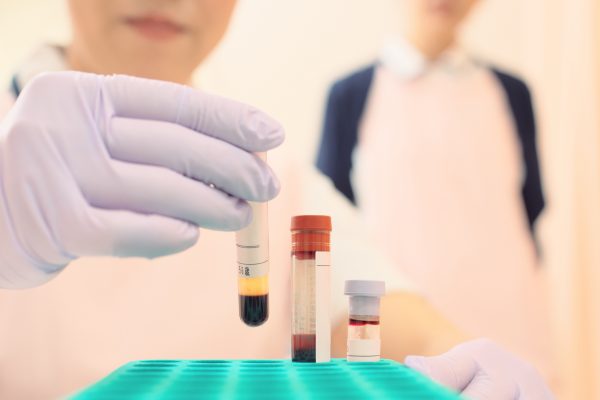
The use of the first gene therapy, Roctavian, in the U.S. will be decided by the U.S. Food and Drug Administration (FDA) for treating adults with severe haemophilia. The decision is expected by the end of March 2023.
Haemophilia A is a blood clotting disorder caused due to missing or defective blood clotting factor VIII (FVIII). Roctavian is an adenovirus-based gene therapy where a working copy of the FVIII gene is delivered to liver cells enabling them to produce the FVIII for longer durations. BioMarin Pharmaceutical has requested the FDA’s approval of Roctavian for patients with haemophilia A.
BioMarin’s approval application was initially rejected in Europe as it included only six-month interim data from the phase III GENEr8-1 trial and three-year data from phase I and II studies. The re-submitted application included two-year GENEr8-1 and five-year Phase I/II data. The GENEr8-1 study enrolled 134 men with severe haemophilia A and treated them with a single dose of Roctavian. Remarkably, 80% of the participants were bleed-free for 24 months. The treatment is safe, with the most common side effects being elevated liver enzymes, nausea, headache, and fatigue. Based on the revised application, Roctavian has received conditional approval in the EU. This makes it the first approved gene therapy for haemophilia A patients across all European countries.
The company has proposed a 15-year follow-up for participants in the clinical study and a post-approval registry study to evaluate the long-term effects of adenovirus-based gene therapy.
FDA has already granted regenerative medicine advanced therapy, orphan drug, and breakthrough therapy designations to Roctavian. If granted permission in march, Roctavian will be a promising option for patients with haemophilia A. Furthermore, this will accelerate the development of gene therapies for treating genetic disorders.